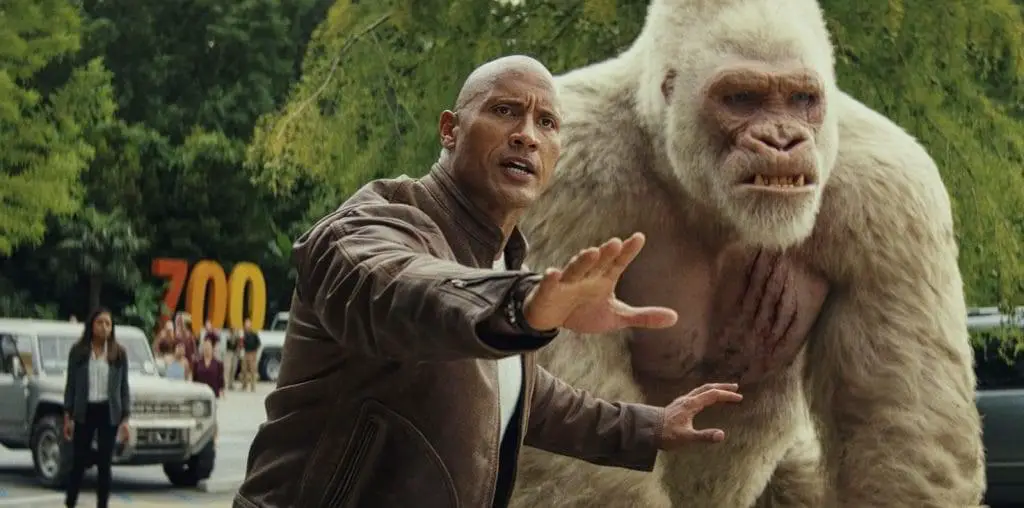
It is a difficult undertaking to tell a tale of grief in eight minutes. And that is what “Falls” valiantly tries to do, but I must say it—it falls short. The beef I have with “Falls” is it tells its emotional story in poorly worded bits of narration, rather than letting its gorgeous cinematography carry most of the meaning. “Falls” tries to be a poem, but uses the wrong tools, the tools of a story—narration, exposition, etc. And sometimes, when the images do work to convey a certain emotion, the emotion isn’t that arresting, isn’t ambitious enough.
“Falls” is a story about a Farmer (George Woodard) and his daughter Michele (Ariel Kiley), who have lost their wife and mother, respectively, twelve years earlier. The Farmer mysteriously tells us he lost his wife to the waterfalls near their farm—and though it’s unclear, the film hints that she died attempting to tightrope walk across them. Michelle, dealing with her grief, has dedicated her young life to the art of tightrope walking. She eats, sleeps, and trains in a picture perfect circus tent her father buys for her. All the while, her father expresses his worry about Michelle, about her becoming too much like her mother and failing to fulfill her dream of becoming a great tightrope walker someday.
The images in “Falls” are the most startling and moving aspect about it: the circus tent sitting in a field of golden and uncut grasses; the tent at night, lit from inside, and Michelle’s shadow, as she practices, cast onto its walls. Certainly one could say, the odd image of a circus tent in the middle of a farm represents the daughter’s and mother’s relationship toward the farming life; the farmer tells us both of them didn’t fit in with farming. And the contrast between the powerful sound of the nearby falls and Michelle’s playful recordings of circus music further cements this estrangement. But after I stretch, sometimes to the point of tearing a ligament, to accept the symbolism, what I end up with isn’t that interesting. The gulf between the monotonous narration and the striking scenery is too wide for the film to work smoothly. In the end, the story elements, mainly the dialogue, aren’t strong enough for me to care about this family. And though the images usually overpower anything the words create, what they represent are ultimately the generic feelings of loss, displacement, and dreams you’d find in an after-school special. “Falls” would have done better to stick with its very pretty pictures.
